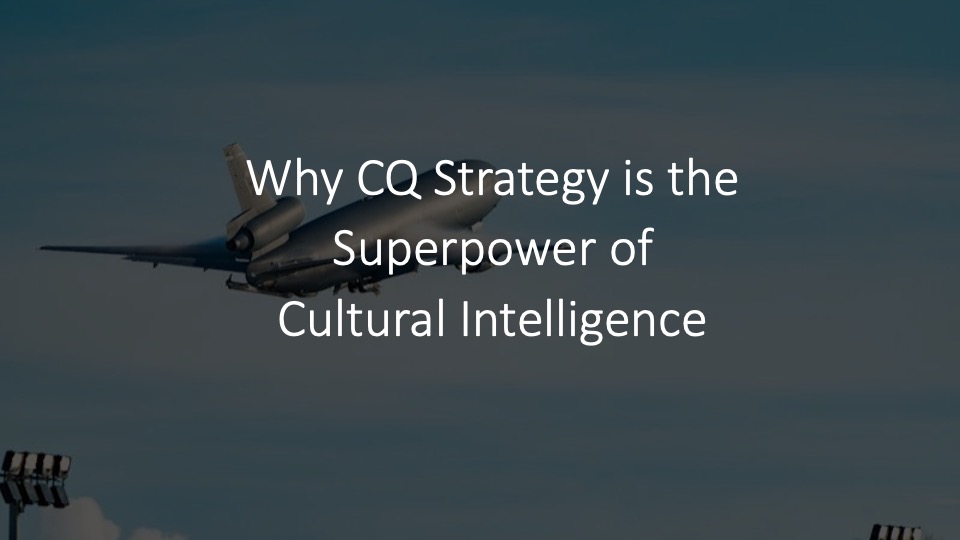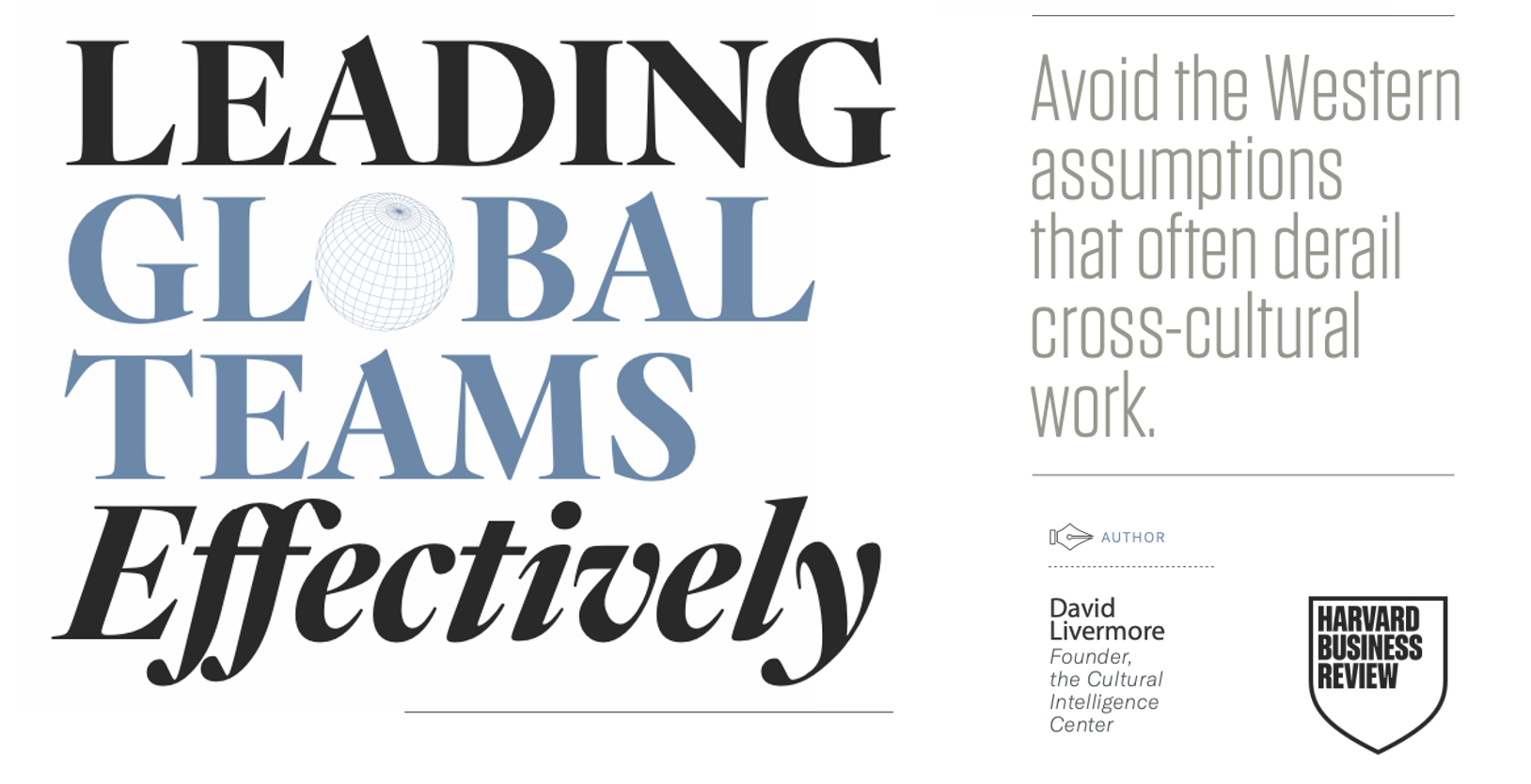Last week I was in Saudi Arabia. I was talking with a British executive living there with his family. He said to me, “We love Jeddah. But I don’t know how long we’re going to last here. My wife and daughters can’t leave the compound without me. We aren’t able to worship as we’d like. And my wife and I can’t even celebrate our anniversary with a glass of wine.”
This week I’m in Grand Rapids, Michigan where I currently live. Yesterday I was talking with an Indian man who recently moved his family here from London. He said, “It’s a beautiful area. But every week someone tells my kids at school that they’re praying for us to become Christians. I don’t know how long I can ask my kids to endure being here.”
There’s so much to unpack with each one of these conversations—not the least of which are the faith-related issues and questions. Ironically, part of my reason for being in Saudi Arabia multiple times in recent weeks was to talk with Saudi government leaders about how they can better attract and retain foreign talent. And there’s plenty we need to think about in Grand Rapids about how to be more hospitable toward diverse people. Being hospitable (and culturally intelligent) doesn’t mean we can’t remain true to any values or convictions.
But my primary thinking about this today is actually the opportunities that these kinds of environments present for the “outsiders” living there. I say this a bit sheepishly as a white male living a relatively privileged life in Midwest USA. But my response to both of these men was to consider the opportunities their families have as minorities in these cultures. They’re getting hands-on learning, day in and day out, on what it means to adjust and adapt to another culture while still remaining true to yourself.
One of the interesting findings from our research on cultural intelligence is that cross-cultural experiences have less impact upon minority members of a culture than they do on majority members. This is primarily because those who are not part of the dominant culture where they live are continually learning to adjust and navigate a world that is somewhat foreign. So it’s not as noteworthy for them to experience that again on a trip.
There’s plenty that needs to be said about the challenges of life as a minority—and I devote a lot of my speaking and writing toward this. And of course there’s plenty of need for everyone, whatever your place in a culture, to develop and build cultural intelligence.
But for today—I encourage those who are not “insiders” with the culture where you live or work—to embrace the opportunities it gives you (and your kids!) on a daily basis to see the world differently.
No matter how hard we try to get the majority culture to change, the minorities will almost always be expected to adjust and adapt. I’m not going to give up calling the masses to open themselves up to the “foreigners” in their midst. But I’m also very conscious that the “foreigners” will have a leg up on the rest of us for being able to learn, develop, and improve their cultural intelligence.




